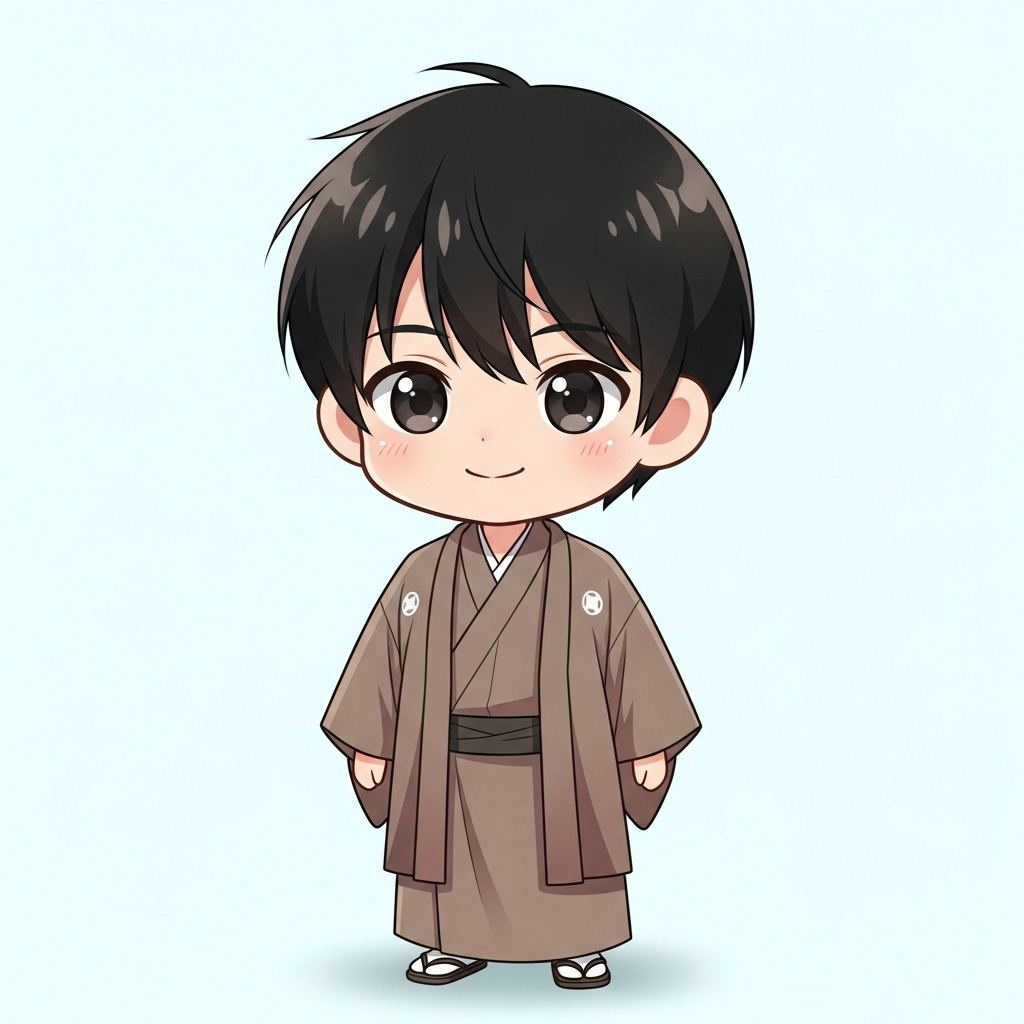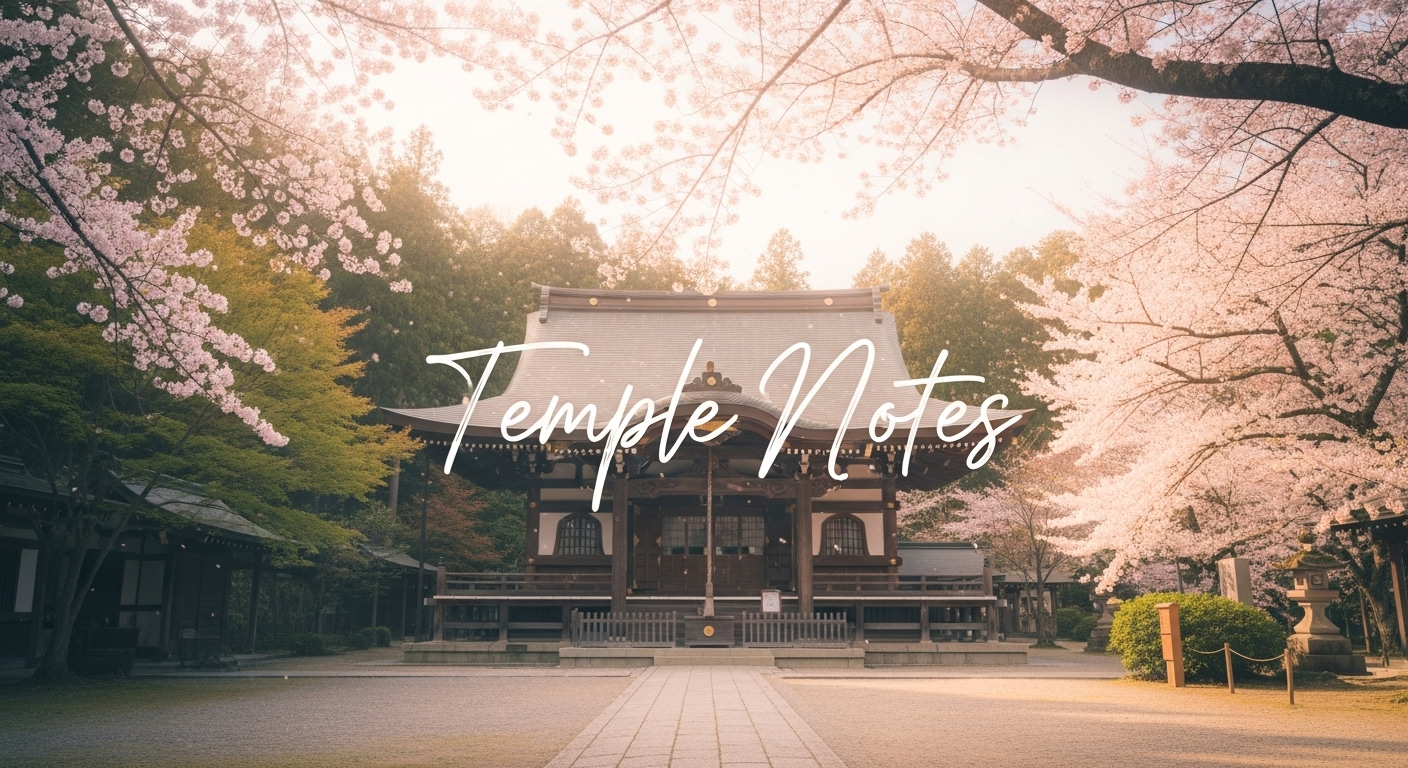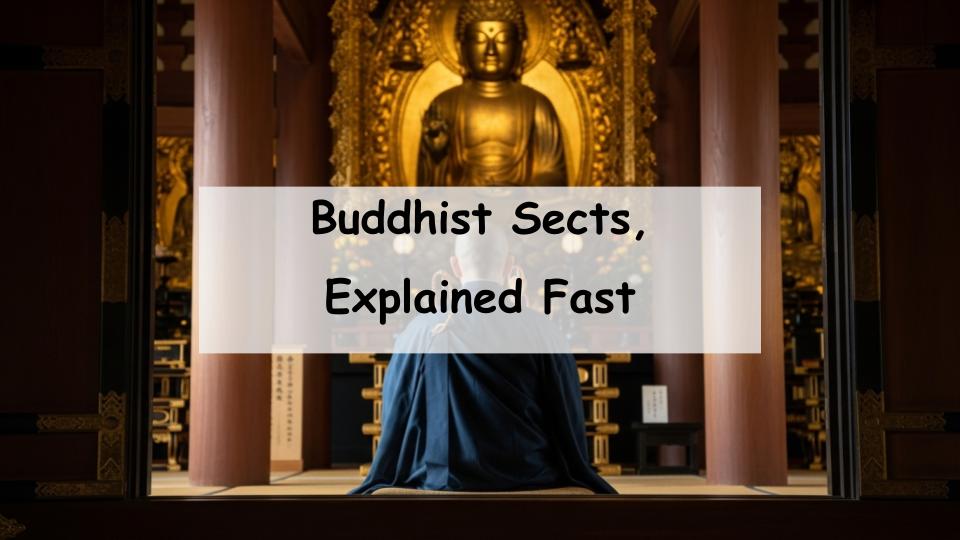Many people who begin studying Buddhism often wonder, “What exactly is the difference between Buddhist schools?” or “What are the main characteristics of each school?” This article will help you answer those questions by clearly explaining five fundamental points to understand the differences among Buddhist sects. We’ll cover the major schools, their historical background, core teachings, differences in practices, and more. Whether you’re a beginner or simply curious, this guide will help you take your first step into understanding Buddhism more deeply.
Major Schools of Buddhism in Japan
Introduction to Major Schools (Pure Land, Zen, Shingon)
Buddhism is divided into many schools, but in Japan, the most well-known are Pure Land (Jōdo), Zen, and Shingon Buddhism.
- Pure Land Buddhism emphasizes faith in Amida Buddha and reciting the nenbutsu (“Namu Amida Butsu”) to attain rebirth in the Pure Land.
- Zen Buddhism focuses on meditation and direct experience to achieve enlightenment.
- Shingon Buddhism, a form of esoteric Buddhism, involves rituals and mantras to unite with the divine.
Historical Background of Each School
- Pure Land Buddhism was introduced by Hōnen in the Kamakura period.
- Zen Buddhism came from China and gained popularity in the same era.
- Shingon Buddhism was brought to Japan by Kūkai (Kōbō-Daishi) during the Heian period.
Understanding these historical contexts gives insight into how each school became rooted in Japanese culture.
Differences in Teachings and Beliefs
Teachings and Features of Pure Land Buddhism
The central belief is that anyone can be saved by reciting the nenbutsu, relying on Amida Buddha’s vow. It’s known for its simplicity and accessibility to all people.
Teachings and Features of Zen Buddhism
Zen emphasizes “seeing into one’s true nature” through direct experience rather than scripture. Meditation (zazen) is central, and silence is often considered more powerful than words.
Teachings and Features of Shingon Buddhism
Shingon Buddhism is based on esoteric teachings, using rituals, mudras, and mantras. It focuses on achieving enlightenment in this life and often emphasizes mystical symbolism like mandalas and fire rituals (goma).
Differences in Deities and Worship Practices
Principal Deities in Each School
- Pure Land: Amida Buddha
- Zen: Shakyamuni Buddha or Bodhidharma
- Shingon: Vairocana (Dainichi Nyorai)
Each deity reflects the school’s core beliefs and forms the center of worship.
Worship Styles and Rituals
- Pure Land: Reciting nenbutsu
- Zen: Silent meditation and minimal rituals
- Shingon: Complex rituals including mantras, mudras, and fire offerings
These differences in worship reflect the doctrinal focus of each tradition.
Practices: Nenbutsu and Meditation
Meaning of Nenbutsu Across Schools
Though primarily associated with Pure Land Buddhism, forms of mantra recitation exist in other schools too. In Pure Land, nenbutsu expresses trust in Amida Buddha and brings spiritual comfort.
Zen Practice and Its Unique Features
Zen practice centers on zazen (sitting meditation), aiming to calm the mind and gain insight. It requires discipline and consistency, offering a deep, introspective path to awakening.
Summary: Key Points to Understand School Differences
How to Choose a Buddhist School
When choosing a school, consider what suits your personal interest or spiritual goals. If you’re drawn to devotional practices, Pure Land may resonate with you. If you prefer meditative practice, Zen could be a better fit.
Key Takeaways for Beginners
Beginners should focus on the basic teachings and core practices of each school. Understanding their history and methods will help you appreciate the diversity within Buddhism and find a meaningful practice for yourself.
A Message from the Guide

The Buddhism that Saichō and Kūkai studied in China during the Heian period (Tendai and Shingon) developed uniquely in Japan by the Kamakura period.











Comment